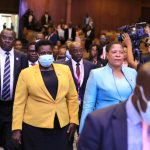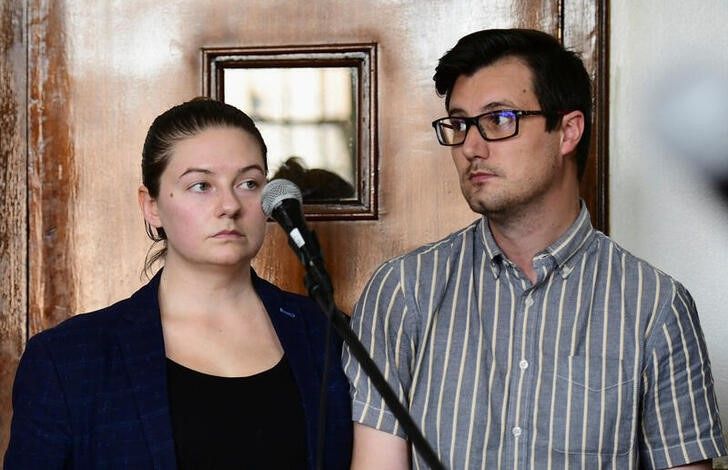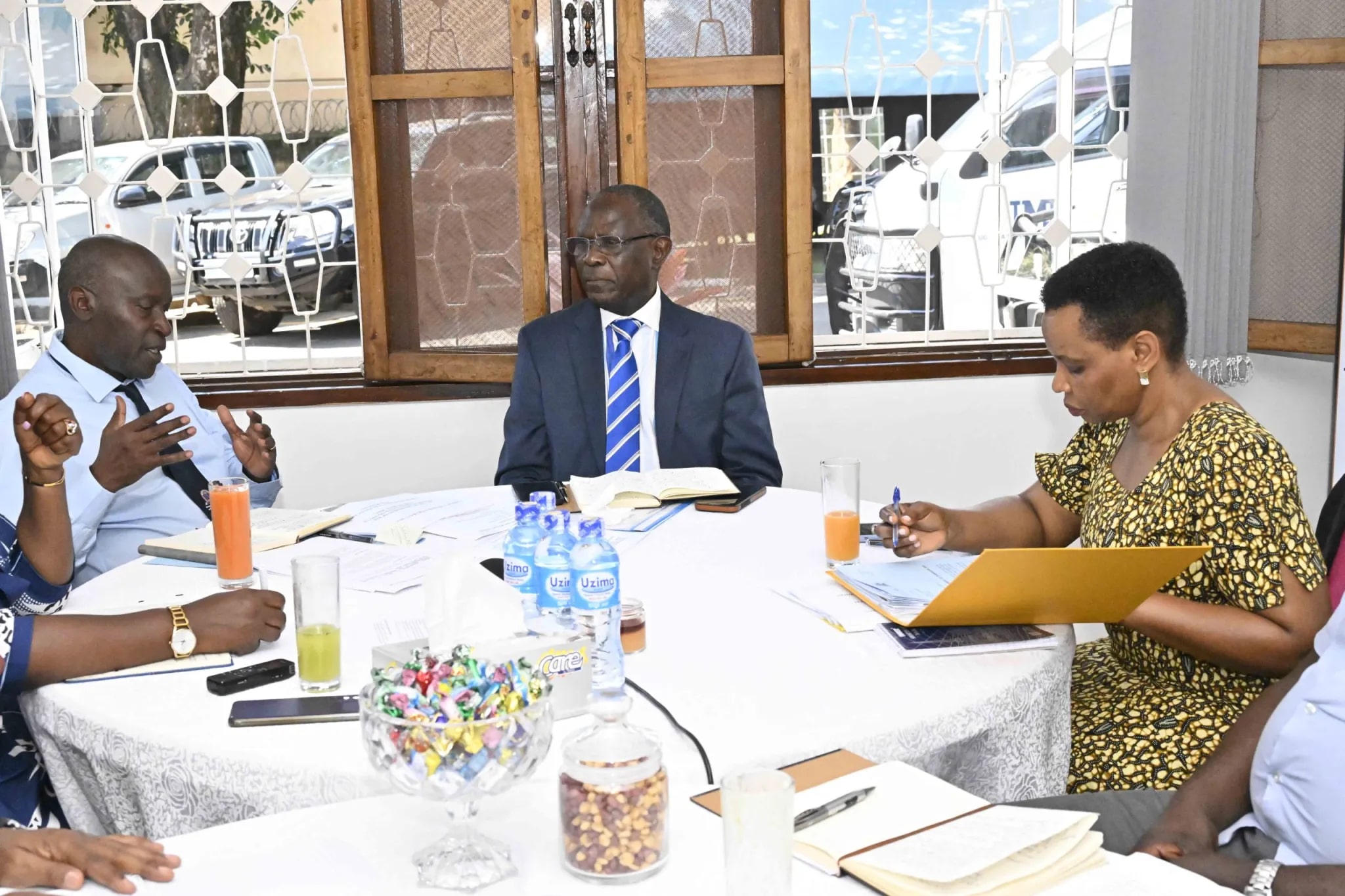A significant scandal, involving multi-billion spending, has unfolded within Uganda’s Parliament, implicating members from both the ruling party and the Opposition. Accusations of collusion, compromised integrity, and political maneuvering to weaken the Opposition have surfaced.
The conspicuous silence of many Opposition Members of Parliament (MPs) regarding the unfolding scandal has fueled speculation and raised suspicions of potential compromise.
Despite an online campaign, spearheaded by social justice activists and journalists, exposing the alleged misdeeds within Parliament through the hashtag #UgandaParliamentExhibition, numerous Opposition MPs have refrained from engaging with the issue.
Among the allegations are claims of questionable travel allowances allocated to House Speaker Anita Among, a member of the ruling National Resistance Movement (NRM) party. Moreover, she has been implicated in potentially illegal staff recruitment practices and criticized for using staff members’ private bank accounts to draw funds for community outreaches, contrary to regulations.
The silence surrounding a controversial service award, amounting to Shs1.7 billion, paid to backbench parliamentary commissioners, has further fueled suspicions of mischief within Opposition ranks.
During the initial weeks of the campaign, the Opposition remained conspicuously silent, prompting concerns given their proclaimed anti-corruption stance. Only the current Leader of Opposition, Mr. Joel Ssenyonyi, made a public comment, commending the expose.
Subsequently, Mr. Ssenyonyi called for the recall of Parliament by Speaker Anita Among to address the allegations, a demand supported by ruling party MPs Theodore Ssekikubo and Barnabas Tinkasimire.
The public’s anger intensified when Deputy Speaker Thomas Tayebwa abruptly adjourned the House indefinitely on March 6, without addressing the scandal. Consequently, previously vocal MPs, such as Ibrahim Ssemujju Nganda, faced public scrutiny.
Efforts to hold MPs accountable for their silence and alleged involvement in the scandal have been met with resistance and denial. However, suspicions of collusion within the Opposition persist.
Opinion leaders and political analysts point to possible collusion as the reason behind the Opposition’s unusual behavior. Some suggest that MPs may be intimidated or part of a larger scheme orchestrated by the ruling party to weaken the Opposition.
Political corruption and the quest for personal gain have been cited as contributing factors to the decline in the effectiveness of the Opposition in holding the government accountable.
The political landscape within Parliament has shifted, with alliances and allegiances changing. Some party leaders have entered into agreements with the ruling party, blurring the lines between Opposition and government.
In light of recent events, questions arise about the state of democracy and governance in Uganda, with concerns raised about the erosion of parliamentary integrity and the stifling of Opposition voices.
Total Number of Opposition MPs by Party in the 11th Parliament:
| Political Party | Number of MPs |
|---|---|
| National Unity Platform (NUP) | 57 |
| Forum for Democratic Change (FDC) | 31 |
| Uganda Peoples Congress (UPC) | 10 |
| Democratic Party (DP) | 9 |



















